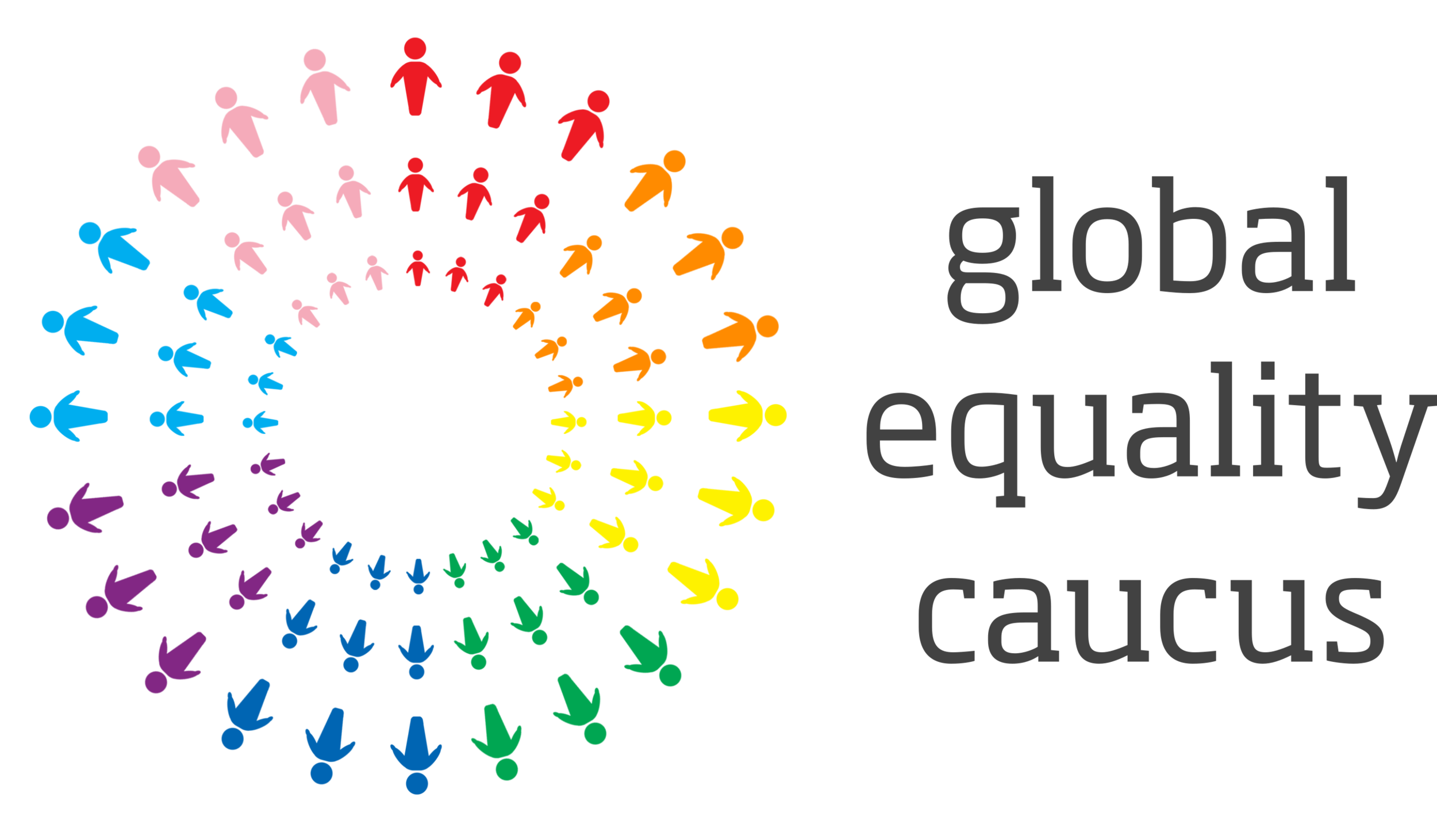‘Conversion therapy’ bans can look very different. The below guide includes several examples of where bans have been introduced, what they look like, who they protect, and whether they are legally enforceable.
EXAMPLE 1: Full legislative ban
Introduced in: Victoria, Australia; Canada (federal); Malta; several Mexican states
Some jurisdictions have implemented specific bills that seek to ban conversion practices explicitly, applicable to all people in all settings. These dedicated acts of parliament seek to define conversion practices in law, identify those protected by the act, and set out criminal punishments for those found to be offering or conducting ‘conversion therapy’.
A bill passed in the state of Victoria in Australia in 2021 has been described as ‘world-leading’ and the ‘gold standard’ for conversion therapy legislation. The law forbids any individual or organisation from attempting to suppress or change somebody’s sexual orientation or gender identity, regardless of whether they are a minor (defined as under the age of 18) or an adult (defined as over the age of 18). The law applies to both health professionals and in religious settings. Those found guilty of actively performing conversion practices are liable to a fine of up to $10,000 and a prison sentence of up to 10 years.
The Affirmation of Sexual Orientation, Gender Identity and Gender Expression Act in Malta, passed in 2016, deals with conversion therapy specifically and is considered a model for European countries to follow. The law forbids conversion therapy in both professional and non-professional settings, and protects both minors and adults.
EXAMPLE 2: Legislative ban protecting minors
Introduced in: Germany; numerous US jurisdictions; Ontario, Canada
Some jurisdictions have legislation that bans conversion practices from targeting minors and vulnerable people. The Law on Protection against Conversion Treatments in Germany, for example, forbids conversion therapy from being performed on people under the age of 18 and on adults under coercion or lacking the ability to consent. A similar law exists in the District of Columbia in the United States, which protects both minors and any adult under a conservatorship or guardianship.
Laws exist in 20 US states and in some Canadian jurisdictions that ban health professionals from offering and/or performing conversion therapies to minors. These laws do not cover religious settings and do not apply to adults. The Canadian provincial laws have since been superseded by a ‘full’ ban at the federal level.
These legislative bans are not considered ‘full’ bans as they do not fully criminalise conversion therapies in all settings and do not apply to all citizens. The reasons for this are complex and involve issues of consent, how a jurisdiction defines ‘coercion’, and arguments regarding religious freedoms. Religious ‘carve outs’ have been a particular feature in US state-level legislation, due to legal challenges related to the First Amendment.
Although they are not as comprehensive as ‘full’ bans, these laws do at least protect the most vulnerable people in society and are the preferable option when compared to no ban at all.
EXAMPLE 3: Indirect protections through mental health legislation
Introduced in: Argentina; Fiji; Nauru; Samoa; Taiwan; Uruguay
Some countries, while not having dedicated laws that seek to outlaw conversion therapy, have indirect bans due to certain provisions in mental health legislation.
Three Pacific nations - Fiji, Nauru and Samoa - have clauses within their mental health acts that say a person cannot be considered mentally ill if they express or refuse to express a particular sexual preference or orientation. This means in practice that health professionals are forbidden from performing conversion therapies that attempt to change somebody’s sexual orientation.
In Argentina and Uruguay, provisions within each country’s mental health laws prevent a mental health diagnosis on the exclusive basis of sexuality or gender identity.
While these laws indirectly prohibit health professionals from engaging in conversion practices, they do not address religious and community-based therapies. In the case of Fiji, Nauru and Samoa, gender identity is not mentioned explicitly in their laws, meaning transgender people may still be at risk.
EXAMPLE 4: Judicial ruling
Introduced in: Brazil; Tamil Nadu, India
While some countries have introduced bans on conversion therapy through legislation, a few jurisdictions have outlawed conversion practices via the judiciary.
In Brazil, the Federal Supreme Court has ruled that a resolution issued by the Federal Council of Psychology - which prohibits licensed health professionals from offering ‘gay cure’ services - is legally enforceable, meaning the prohibition is affirmed in law with no further avenue for appeal.
A High Court judge in the Indian state of Tamil Nadu has similarly ruled that it is illegal to attempt to medically ‘cure’ or change somebody’s sexual orientation to heterosexual or the gender identity of transgender people to cisgender.
In these instances, a legislative ban may not be necessary if provisions already exist in civil or customary law. Such rulings, however, may not deal with criminal punishment and may not be applicable in all settings.
EXAMPLE 5: Provisions within penal code
Introduced in: Ecuador; Mexico City, Mexico
Some jurisdictions have sought to criminalise conversion therapy within their compiled penal code, rather than introducing dedicated legislation.
Ecuador’s Organic Integral Criminal Code, approved by the National Assembly in 2014, broadly defines ‘torture’ and criminalises any act carried out with the intention of trying to change somebody’s sexual orientation.
Similarly, the Mexico City Congress voted in 2020 to amend the jurisdiction’s penal code to make conversion therapy a criminal offence.
EXAMPLE 6: Effective ban enforced by professional medical body
Introduced in: Albania
It is possible for a country’s official medical governing body to issue a resolution or directive prohibiting its members from offering and performing conversion therapies. This was the case in Brazil in 1999, with this resolution eventually gaining legal affirmation from the Supreme Court.
Such a resolution was also issued by Albania’s Order of Psychologists in 2020. In practice this means all health professionals in the country are subject to a conversion therapy ban, as all registered therapists must be a member of the Order of Psychologists.
While the resolution is presumed to be legally enforceable - given the Order of Psychologists is a legally accredited body subject to parliamentary regulations - no explicit law or judicial ruling exists in Albania to officially criminalise conversion practices, nor do the measures apply in non-professional settings.
You can view a detailed overview of legislative progress with a country-by-country breakdown here.



